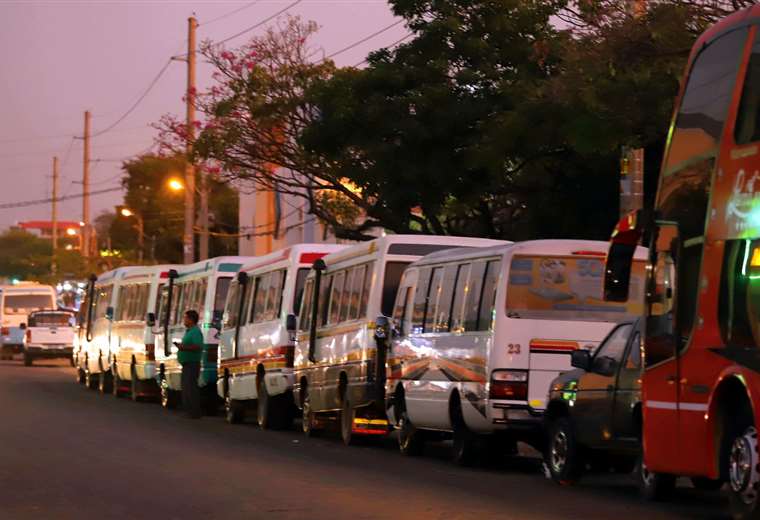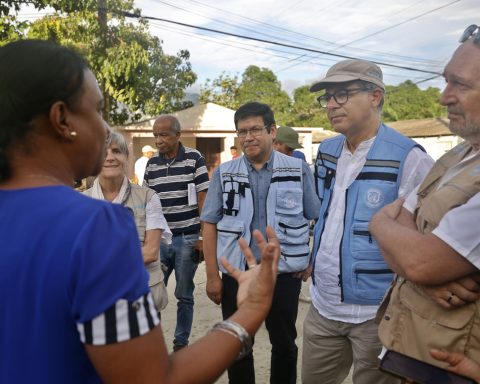A 59-year-old woman was rescued from domestic work conditions analogous to slavery on July 2, during a joint operation by the Rio de Janeiro Labor Prosecutor’s Office (MPT-RJ) and the Labor Audit Office of the Ministry of Labor and Employment (MTE), with support from the Federal Police. The operation, which was only announced on Wednesday (24), took place in Recreio dos Bandeirantes, in the west zone of Rio de Janeiro.
Eight years ago, the worker was brought to Rio de Janeiro by her employers from Pernambuco. According to the MPT, she had been working for the family since she was 13, first for relatives of her current employers, without the right to a salary or time off. She also had no bank account, no personal or social relationships, and no contact with her family, and only interacted with people related to her employers.
According to Labor Prosecutor Thiago Gurjão, who worked on the case, “it was found that the worker had no autonomy over any aspect of her life.”
“He had no financial autonomy, no access to a salary or income, nor personal autonomy, living permanently in a situation of subjection to the family he worked for, and his existence during that period was limited to this work. This is an unacceptable form of labor exploitation in conditions analogous to slavery, which must be prevented and repudiated by society, including by denouncing similar practices,” said the prosecutor.
Upon completion of the operation, the Labor Inspectorate rescued the worker, drew up infraction reports and issued guides guaranteeing access to unemployment insurance. The MPT also signed a conduct adjustment agreement (TAC) with the employer, guaranteeing recognition of the employment relationship and payment of wages and labor benefits for the period, in addition to compensation for moral damages.
“It is important that society remains vigilant, as domestic work similar to slavery is difficult to combat without people reporting it, as it is an activity carried out in the privacy of the home,” warned labor inspector Diego Folly.
“The configuration of domestic work analogous to slavery goes far beyond the observation of labor irregularities; this exploitation leaves indelible psychological and moral marks on the formation of the human being. In this case, the employee has completely lost her freedom, including the freedom to manage her own life, as well as her ability to socialize and maintain family ties.”
* Intern under the supervision of Vinícius Lisboa

















